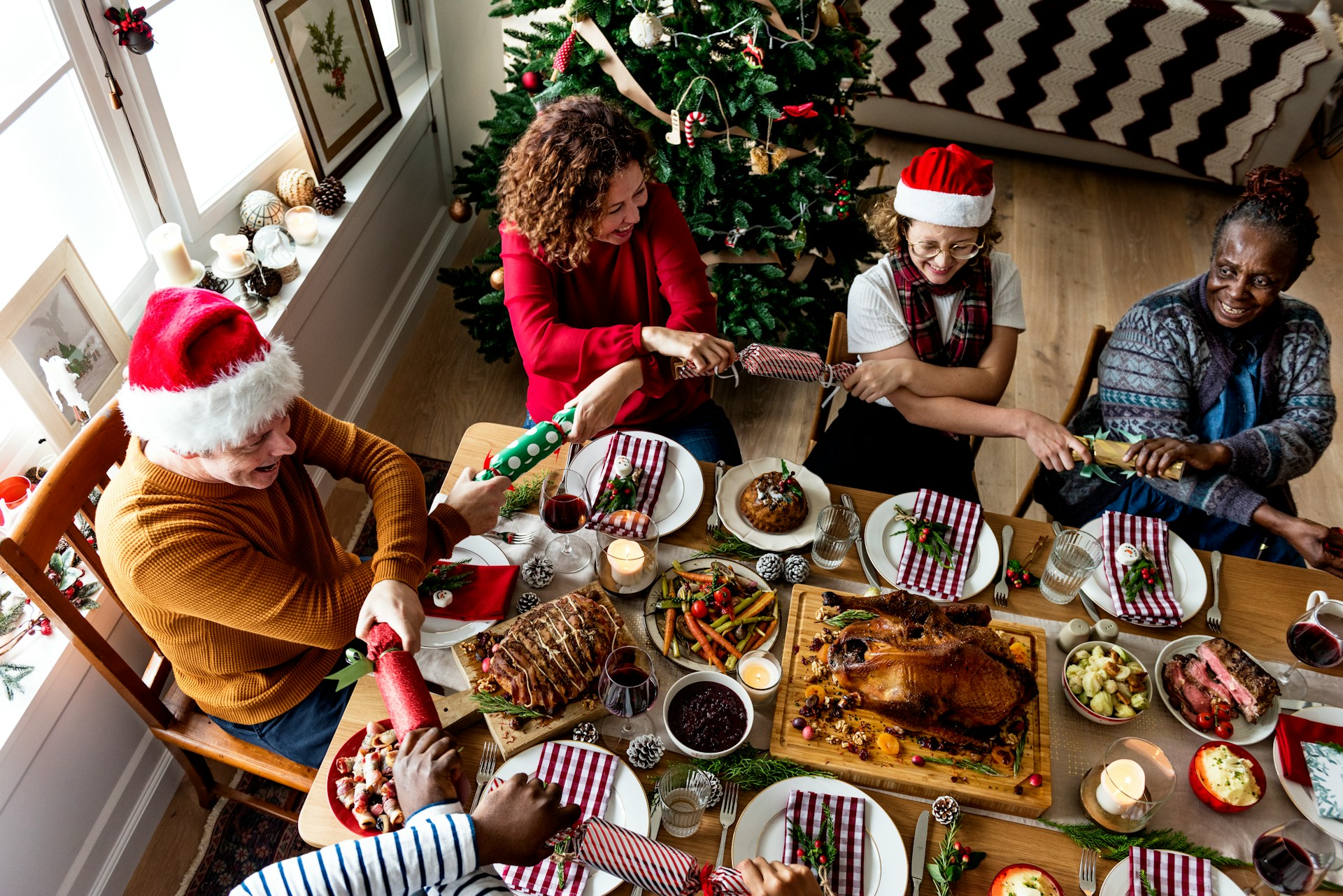
In a fast-paced world filled with distractions, work stress, and packed calendars, carving out time for family is a challenge. Yet, it’s often the small, consistent acts we do together that create the most substantial ties. That’s where family traditions come in. These repeated moments—whether daily, weekly, or yearly—offer a sense of belonging, security, and joy.
Family traditions are more than cute rituals or seasonal habits. They help families grow closer, communicate better, and feel more connected. These special routines provide structure and meaning, offering a sense of stability in an otherwise hectic life. Let’s explore how family traditions shape stronger homes, improve emotional well-being, and leave behind memories that last a lifetime.
The Emotional Power of Traditions
At the heart of every strong family lies emotional connection. That connection doesn’t always come from big vacations or fancy dinners. More often, it’s built-in quiet moments—Sunday pancakes, bedtime stories, or a birthday letter written every year. Family traditions turn everyday activities into meaningful emotional touchpoints.
Children, in particular, thrive when routines provide comfort and predictability. They feel safe knowing what to expect, and they enjoy having their own special “family things.” These rituals help children feel seen and heard, boosting their confidence and emotional health. Even simple acts like a family hug before school can strengthen emotional bonds.
Adults also benefit from these small but powerful habits. In a busy world, traditions create space for pause, reflection, and gratitude. They remind us of what’s most important: love, presence, and connection.
Passing Down Values and Identity
Family traditions are also one of the strongest tools for passing down values and culture. Through them, families teach children what matters—whether it’s kindness, patience, humor, or honoring one’s roots. Lighting candles, sharing stories, or preparing cultural meals show kids where they come from and who they are.
These moments ground children in their heritage and shape their identity. For multicultural or blended families, traditions can also serve as a means to weave different histories together into a shared story. That shared sense of identity builds unity and strengthens the family as a whole.
Even newly created traditions—like “gratitude night” once a month or an annual nature hike—can quickly become just as meaningful. The key is consistency and intention.
Building Communication and Trust
Another significant benefit of family traditions is how they support better communication. When families engage in activities together regularly, opportunities for open conversation naturally arise. Whether it’s while setting up decorations, cooking dinner, or going on your traditional weekend walk, those relaxed environments encourage deeper sharing.
Children are more likely to discuss school, friendships, or worries when the moment feels safe and familiar. Parents get to listen more actively, spot changes in behavior, and offer advice without pressure. Over time, this ongoing dialogue builds trust.
Even teens—who may pull away in other situations—often reconnect through shared family rituals. A long-standing movie night or family dinner might be the one moment in the week when they feel relaxed enough to open up.
Creating Traditions That Fit Your Family
Not every tradition needs to be passed down from generation to generation. The most impactful ones are often born from your own family’s interests and needs. Traditions can be as unique as your household.
If your family loves music, consider starting a “family jam session” on Friday nights. If weekends are your only time together, consider a Sunday picnic or homemade pizza night. What matters most is that the tradition is enjoyable, repeatable, and involves everyone.
These activities don’t need to be expensive or time-consuming. You might choose:
- A weekly walk around the neighborhood.
- Storytelling night with grandparents.
- Monthly family goal setting or vision board creation.
- A shared journal passed between family members.
The best traditions are the ones that spark joy and make your family feel connected—again and again.
The Long-Term Benefits of Meaningful Moments
The positive impact of family traditions reaches far beyond childhood. As kids grow into adults, the memories of those repeated rituals stay with them. They often return to those comforting routines during tough times or recreate them in their own homes.
Traditions also teach the importance of time management and commitment. Children learn that showing up matters. Whether it’s helping set the table every Friday or preparing a holiday dish, these acts teach responsibility, participation, and teamwork.
On a deeper level, family rituals create a shared story. They become part of the family’s collective identity—stories retold during gatherings, photos pulled out during reunions, and habits repeated from one generation to the next.
Strengthening Family Ties in a Digital World
In today’s tech-driven age, real connections can easily get lost. Screens dominate attention, and people often feel disconnected despite being in the same room. Family traditions act as a natural antidote to this.
When families set aside regular time to do something together—without phones or distractions—they experience real presence. It could be a tech-free dinner once a week, a board game night, or a quiet morning walk. These undisturbed moments offer families the chance to focus on one another and stay grounded.
Incorporating traditions that promote face-to-face time is significant as children grow and digital life becomes an increasingly important part of their world. Even teenagers, despite their independence, still need that family anchor. Traditions offer a sense of anchor in the form of a reliable, loving connection.
Family traditions are not just routines. They are the rhythm of home life, the glue that holds generations together, and the joyful echoes that last far beyond the moment. In a world that moves fast and changes often, these repeated rituals provide families with something steady, loving, and uniquely their own.
So whether you begin a new tradition this week or revive an old one, know that every shared moment adds to your family’s story. Over time, those moments become more than memories—they become legacy.